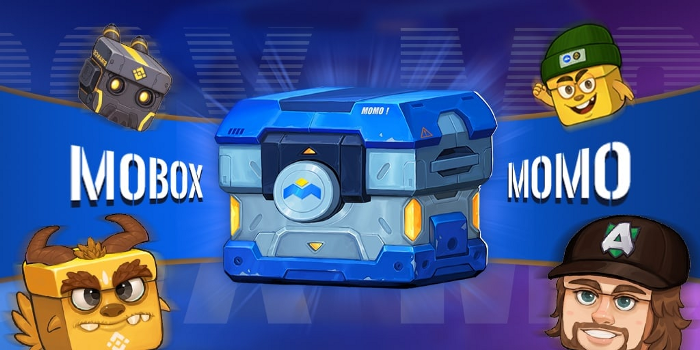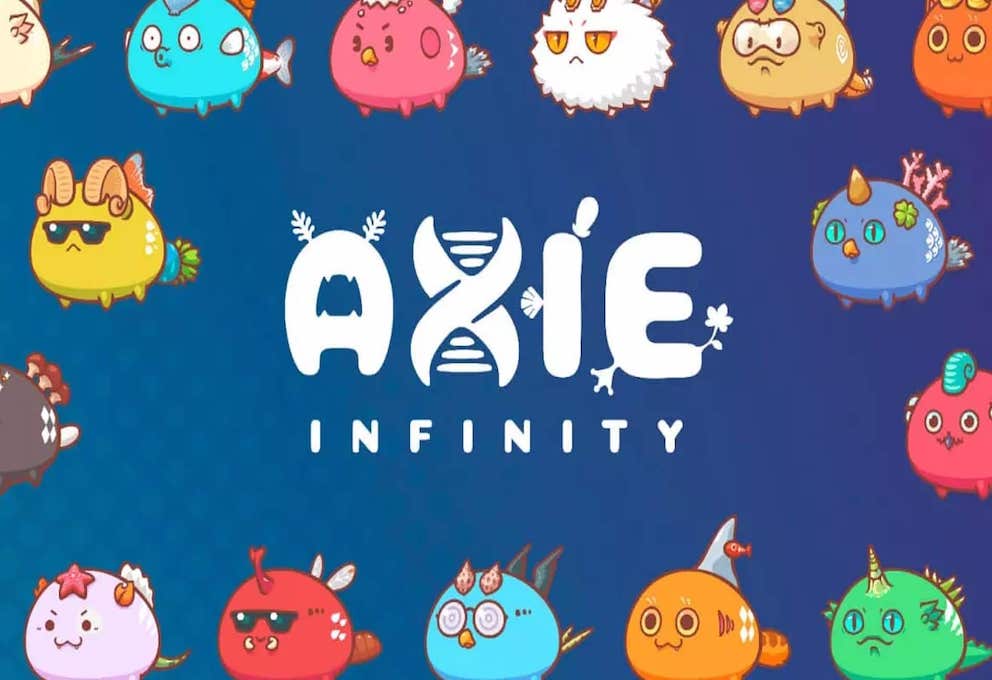What Is NFT Staking and How Does It Work?
Staking of non-fungible tokens (NFTs) is a way of passive income for owners of digital items.
This mechanism applies to certain non-fungible tokens (NFTs) used in a decentralized application such as a metaverse or a game. To generate income, NFTs usually need to be blocked on a special platform.
Thus, NFT staking is more of a form of reward for users and an additional incentive for owners of digital items.
NFT staking is similar to the yield farming model in the DeFi sector, where users receive cryptocurrencies for supplying liquidity to pools or other activities. Not every non-fungible token can be staked - most often only certain items in a separate blockchain game or some other application bring rewards.
In the GameFi realm, the mechanics of staking and receiving rewards for various actions are the most common, which is not surprising, since most decentralized games operate on a Play-to-Earn model.
Staking in NFT games
In 2022, most NFT staking opportunities are related to P2E (play-to-earn) games and the metaverse.

The most striking example is MOBOX. It is necessary to gather a family of four miners. These are MOMO NFT characters that work in the mines and earn MBOX tokens for you. All MOMOs must belong to the same collection, and each of the NFTs must be of a different rarity level. The minimum cost of such a family is about $1600. NFT reward will be $221 per month. And the profitability will be 151% per annum.

Staking is also featured in the popular game Axie infinity. The process functions in conjunction with the Ronin wallet. At the moment, you can earn 74% per annum on AXS staking. And once a day there is an opportunity to reinvest accrued interest without additional spending on gas.
How to get rewards for staking NFTs of popular collections?
In an unusual way, the staking mechanism for non-fungible tokens is implemented in the NFTX project. This is a platform where you can issue NFT-backed ERC-20 tokens. Any liquid collections can act as collateral, including the most popular ones, such as CryptoPunks or BAYC.
.png)
The user must place his NFT in a shared NFTX "storage" (pool) for staking, after which he will be able to receive regular payments of so-called vTokens. Their source is the commissions collected by the pool for operations with NFTs stored in it. Each pool has its own separate token.
If the owner of a non-fungible token, blocking it in the “storage”, also adds Ethereum (ETH) coins to the pool, then the amount of the reward paid increases several times.
NFT projects for staking
CyberKongs
NFTs are randomly generated monkey avatars.

When you purchase an NFT of the Genesis type, you will be credited with 10 BANANA tokens daily for 10 years. However, the minimum price on the OpenSea website is 5.3 ETH (about $17.3K), so this project is suitable for investors with a lot of free capital. But if we imagine that the price of BANANA does not fall below today's $8, then the investment will pay off in less than a year, and then it will start to make a profit.
BiSwap
It is a decentralized exchange based on the BNB Chain blockchain. NFT sale of Robbi collection took place on BiSwap launchpad. Robots can be upgraded using Robi boost. The higher the level of the robot, the more income it brings.
.jpeg)
BiSwap has an NFT staking section. The cheapest level 1 NFT with 10 Robi boost costs $25. In a month, such a robot brings $3.4. That is, the investment will pay off in 7.5 months, and the income will be 163% per annum. The project claims that some NFTs can bring up to 700% per annum.
And another type of NFT staking is Binance Fan Tokens. These are tokens used by brands, sports clubs, and celebrities to grow their fan base. Fan token holders can access random NFTs through mystery boxes. Also, participants can stake NFTs, but they must be holders of fan tokens.
Advantages and disadvantages of NFT staking
Understanding how to stake tokenized assets is easy. However, receiving rewards is usually associated with in-game mechanics, so for greater efficiency, we recommend understanding the economy and gameplay of a particular blockchain game.
The obvious advantage of NFT staking is the added value of a digital item through the possibility of generating passive income. Rewarded tokens also often have useful features, such as voting on proposals in the project's DAO.
On the other hand, when the NFT is staked, it may rise or fall in price significantly, but the user will not be able to sell it due to a temporary lock. In addition, by placing NFTs worth several tens or even hundreds of thousands of dollars in a third-party smart contract, and not in a personal wallet, the user exposes his assets to additional risk.
Topics
Recent comments
